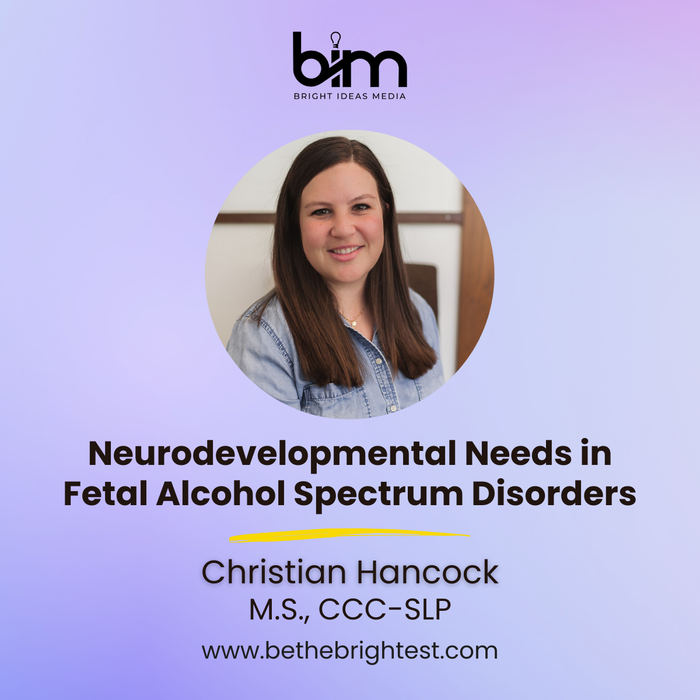What is the speech-language pathologist’s (SLP’s) role in supporting children with Fetal Alcohol Spectrum Disorders (FASD)? Studies estimate the prevalence of FASD is two to five percent of first-grade children in the United States (May et al., 2018). However, healthcare professionals continue to report lacking education of evidence-based practices and the confidence to support individuals with an FASD (Payne et al., 2005). SLPs have a unique opportunity to be leaders in FASD-informed care.
The FASD community largely agrees on the three categories of neurodevelopmental needs: neurocognition, self-regulation, and adaptive function. This presentation will discuss the most current multidisciplinary research on FASD and its relevance to SLP areas of focus, including communication, cognition, and executive function. The neurobehavioral approach will be briefly introduced, and specific examples of accommodations and environmental modifications will be discussed. Additionally, the presenter will share considerations for the frequent challenges caregivers and professionals encounter when trying to implement supports, as well as ways to improve outcomes.
Registration to this course includes our free FASD Communication Checklist—a printable resource designed to support early recognition, guide team conversations, and improve outcomes for neurodivergent learners.
This course is offered for .1 ASHA CEUs, Introductory Level, Professional Area
To earn ASHA CEUs you must complete the courses by viewing them, provide course feedback, pass the exams with a score of 80 or more, provide your ASHA credentials, and confirm submission.
